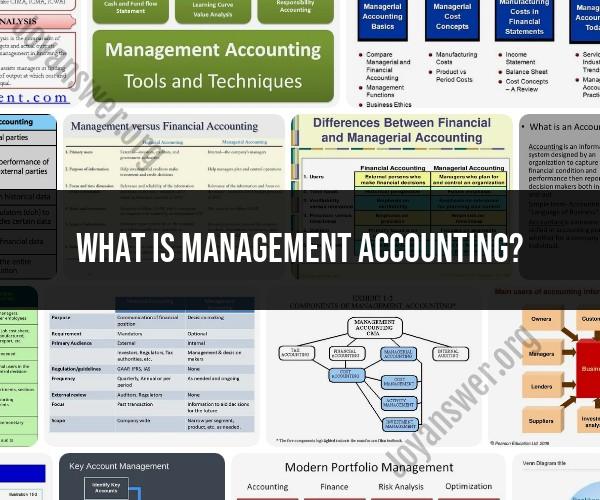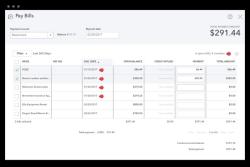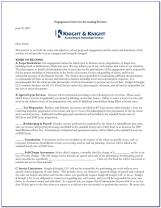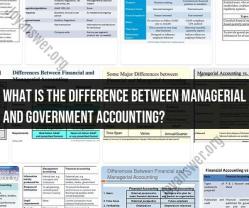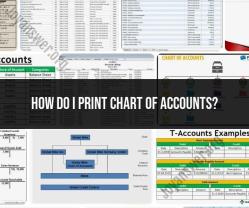What is management accounting?
Management accounting, also known as managerial accounting, is a branch of accounting that focuses on providing relevant financial and non-financial information to internal users within an organization to aid in decision-making, planning, and controlling operations. Unlike financial accounting, which is primarily concerned with producing financial statements for external stakeholders, management accounting is aimed at assisting managers and executives in making informed business decisions.
Here are some key aspects of management accounting:
1. Internal Focus:Management accounting is designed to serve the needs of internal users, such as managers, executives, department heads, and employees, who require information to guide their decision-making processes.
2. Decision Support:One of the main objectives of management accounting is to provide timely and relevant information that supports various business decisions, including strategic planning, budgeting, resource allocation, product pricing, and performance evaluation.
3. Future Orientation:Management accounting emphasizes future-oriented analysis. It involves forecasting, budgeting, and projecting financial and operational outcomes to assist in planning for the organization's future.
4. Flexibility:Management accounting allows for customization and adaptation to the specific needs of an organization. Reports and analyses can be tailored to address unique challenges and opportunities faced by the organization.
5. Focus on Cost and Efficiency:Management accounting often involves cost analysis, cost behavior assessment, and performance evaluation to ensure that resources are allocated efficiently and operations are streamlined.
6. Non-Financial Information:While financial data is essential, management accounting also incorporates non-financial information, such as operational metrics, customer satisfaction scores, and employee productivity, to provide a comprehensive view of an organization's performance.
7. Reporting Formats:Reports in management accounting can take various formats, such as budgets, variance analysis reports, performance dashboards, activity-based costing analyses, and strategic planning documents.
8. Role in Decision-Making:Management accountants play a vital role in assisting managers in making decisions based on data-driven insights. They provide analyses that help evaluate alternative courses of action and their potential impact on the organization's financial and operational performance.
9. Integration with Operations:Management accounting is closely integrated with an organization's day-to-day operations. It involves collaborating with different departments to collect data and provide insights that contribute to efficient and effective decision-making.
10. Continuous Improvement:Management accounting contributes to the continuous improvement of processes and performance within an organization by identifying areas of inefficiency, waste, and opportunities for optimization.
In summary, management accounting is an internal-oriented function that provides valuable information for planning, decision-making, and performance evaluation within organizations. It combines financial and non-financial data to help managers navigate the complexities of running a business and drive sustainable success.
